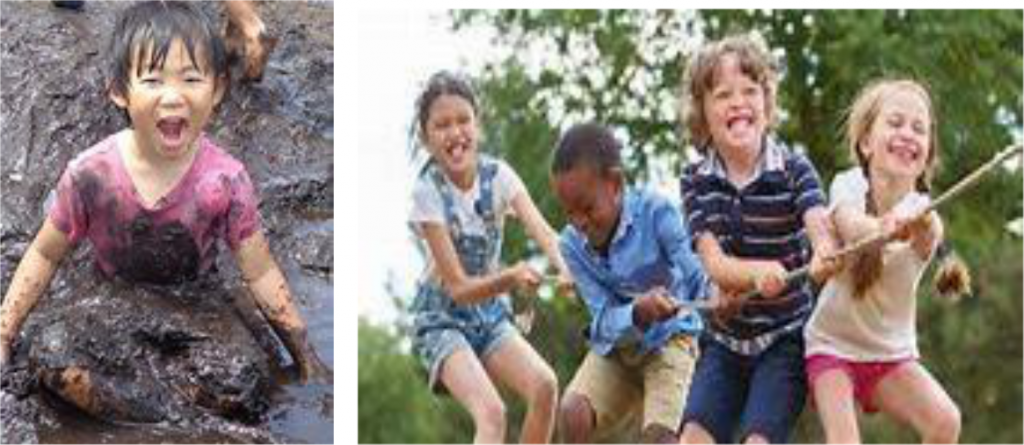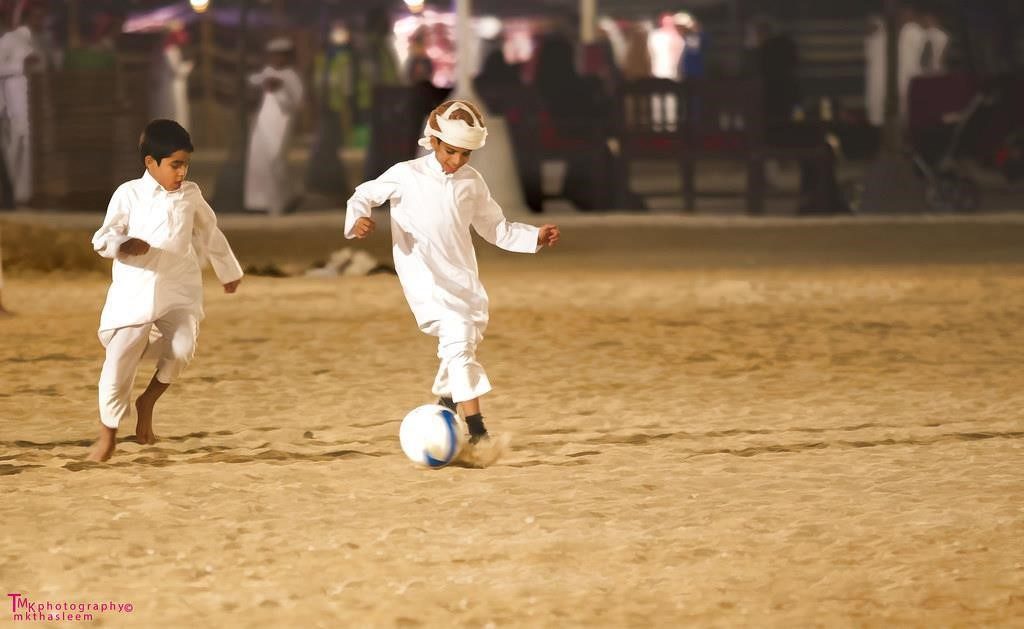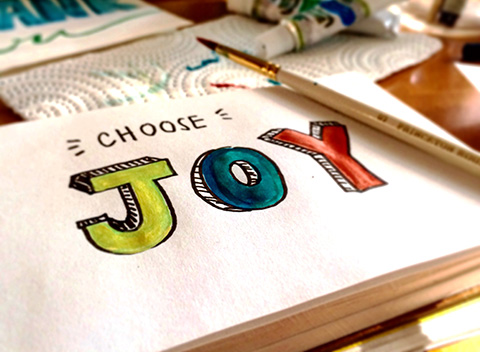My childhood was filled with wonder. Almost every day Big Ted and I would save the World from Humphrey the Rabbit and his army of zombie cushions. Give me a box of crayons, and on almost any surface I’d create magical worlds full of heroes, villains and people with heads like melons. At weekends my friends and I would jump on our bikes and head off into the wilds of deepest darkest Surrey – we were brave adventurers and fearless explorers, but most importantly we were kids.
Playtime was central to my childhood. Sadly, some children simply do not get enough playtime, and by playtime, I don’t meet going to soccer training or mini athletics. I’m talking about that glorious thing called ‘free play’, remember it? It was when, as kids, you engage that unstoppable force we call, their imagination. It was physical. It was unstructured. And it was blooming good fun.
Sure, it was yucky, mucky and sometimes scary. But that’s what kids, all kids love.

Play is a universal imperative: Play is an essential element for healthy development. It contributes not only to cognitive development but also to a child’s physical, social and emotional well-being too. In fact, play is so important to the healthy development of children that the United Nations consider it a basic right for every child.
A basic universal right.

But unwittingly that right is being denied to children not only across the World but in Australia too. Whether it’s sports or tutoring, many parents believe that filling their children’s time with a plethora of structured activities is the right thing to do. It’s not. Being kept busy leaves children with very little time just to play. Sadly, even those children given the opportunity to play, are simply too tired to enjoy it. They are physically, emotionally and mentally exhausted.
But what has caused this decline in playtime? To put it simply, a change in priorities. Parents’ emphasis has shifted to focus on academic preparation, and of course, working parents working suffer a time deficit that leaves them with less time to spend playing with the kids. There has also been a growth in perceived risk of play environments – one parent questioned if it was safe for the kids to be playing with Hot Wheels cars, as there was a chance one of them could be hit in the eye! Seriously?

“Wherever children are free to play, they do.”
Peter Gray, PhD, American Journal of Play, 2011
No play isn’t healthy. Research has shown that a lack of play can lead to some very nasty ongoing issues for children. It affects a child’s emotional development, which in turn can lead to anxiety, depression, and in some instances, children develop problems with attention and self-control. Another downside to play-deprivation is a failure to acquire the social and emotional skills a child needs for healthy psychological development.
What are the benefits of play? Well, firstly play helps children develop their imagination, their strength and their dexterity. It engages them with their World; it allows them to interact socially; they become the masters of their own destiny, empowering them with the confidence to overcome their fears.
Play is an essential part of a child’s socialisation; it’s the training ground whereby kids get to practice their decision-making skills. Other positives of unstructured play include developing problem-solving skills and learning correct social behaviour. Skipping, running, jumping – the health benefits are obvious. An active child is not only physically fitter but emotionally healthier too.
Unstructured, child-driven play doesn’t involve sitting in front of the TV or computer. Authentic free play is still supervised by adults; it just means that adults are not involved in the play itself.
Free play is about encouraging children to engage their imagination, to explore their environment. Playing with building blocks, dolls, and toy cars are great examples of activities that encourage free play.
What about being active? Well, a bunch of kids playing footy in the backyard is very different from a team being coached – one is unstructured, the other highly structured.

Play is fundamental to the development of a happy, healthy child. Kids will be kids, f they are given the time to be so. Play isn’t just beneficial to children either; adults could do with a lot more fun and a little less stress in their lives too. Try reducing your child’s schedule of extracurricular activities and increasing their free time. The results will amaze you.
An interesting TED talk on the importance of play can be viewed on the TED website.
If you’d like to read Peter Gray’s article in the American Journal of Play you’ll find it here. Happy reading





